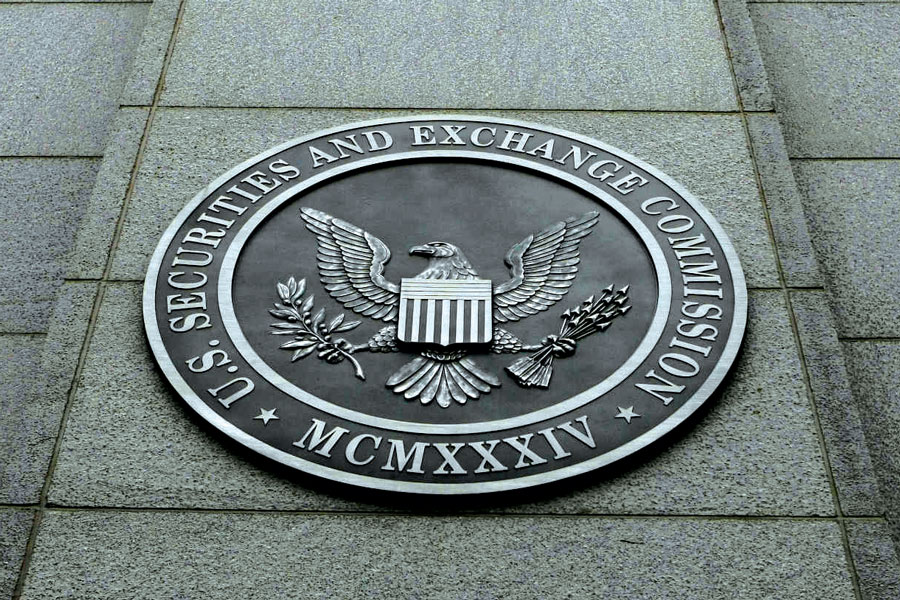

Crown Capital Securities, a midsize broker-dealer with 350 financial advisers, last month settled with the Securities and Exchange Commission due to sales of high-fee mutual funds, agreeing to pay a $1.58 million penalty.
InvestmentNews in June reported about Crown Capital's pending settlement with the SEC over the issue; the firm had revealed in a filing with the SEC that it was preparing for a $1.38 million penalty.
Without admitting or denying the SEC's findings, Crown Capital is to pay disgorgement of $1.14 million, interest of $154,000, and a penalty of $295,000.
Darol Paulsen, CEO and owner of Crown Capital Securities, did not return a call Thursday to comment. The firm is based in Orange, California.
The SEC's order, dated June 24, found that that Crown Capital provided inadequate disclosures regarding its receipt of 12b-1 fees from client investments, according to the SEC. And although the firm was eligible to self-report to the SEC as part of an SEC initiative about share class disclosure, it did not do so.
The SEC launched its Share Class Selection Disclosure Initiative in February 2018 to target advisory firms that recommended high-fee mutual funds — those that charged 12b-1 fees kept by the firms — without telling clients that less expensive share classes were available in the same funds.

Driven by robust transaction activity amid market turbulence and increased focus on billion-dollar plus targets, Echelon Partners expects another all-time high in 2025.

The looming threat of federal funding cuts to state and local governments has lawmakers weighing a levy that was phased out in 1981.

The fintech firms' new tools and integrations address pain points in overseeing investment lineups, account monitoring, and more.

Canadian stocks are on a roll in 2025 as the country prepares to name a new Prime Minister.

Carson is expanding one of its relationships in Florida while Lido Advisors adds an $870 million practice in Silicon Valley.
RIAs face rising regulatory pressure in 2025. Forward-looking firms are responding with embedded technology, not more paperwork.
As inheritances are set to reshape client portfolios and next-gen heirs demand digital-first experiences, firms are retooling their wealth tech stacks and succession models in real time.
